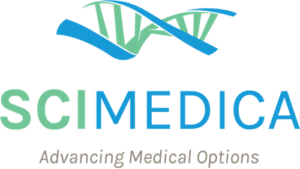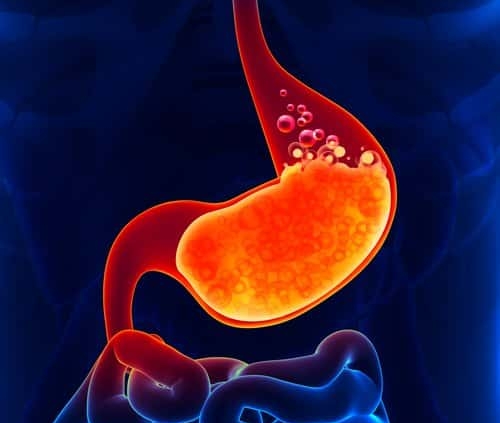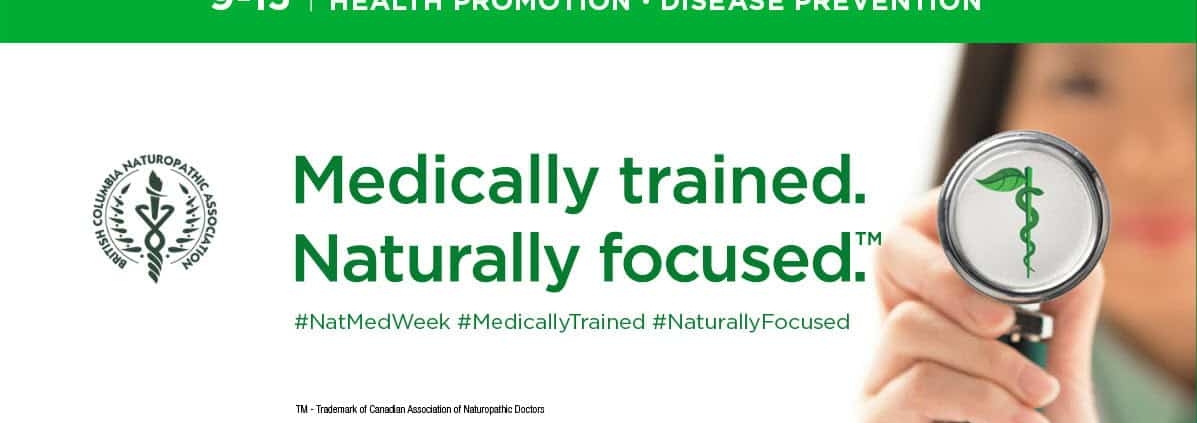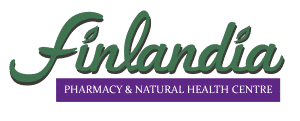Posts
GERD and Proton Pump Inhibitors: Seeking Alternatives
Ingrid Pincott, ND
Proton pump inhibitors (PPIs) are one of the ten most prescribed drugs in North America. PPIs are used in the treatment of acid reflux or GERD. I see at least one patient every week who is taking PPIs and wanting to get off them.
Bob, age 45, is a typical example. He has been taking PPIs for years and his GERD symptoms were not completely under control. He also had developed a rash he could not get rid of through conventional treatment so he is ready to try and improve his health. Certainly if a person is in severe gastric pain due to hyper-secretion of stomach acid, these drugs are useful to treat the acute phase. The side effects of long term treatment include: Decreased blood flow to the stomach, bacterial overgrowth in the stomach, hyperplastic polyp formation in the stomach, increased bile reflux and increased food allergy because food is not digested properly. Hypersensitivity reactions that can occur include urticaria, contact dermatitis, and drug rashes.
One of the reasons an MD might recommend a PPI for life is due to Barrett’s esophagus which increases the risk of developing esophageal adenocarcinoma (EAC). However, in some recent research published by F. Hvid-Jensen, 2014, the risk of developing EAC increased with PPI use due to the increased formation of polyps while taking the drug!
Other complications of long term PPI use include: gastrin secretion increases, contributing to the risk of colon cancer, and esophageal adenocarcinoma; women taking PPIs have an increased risk of hip fracture, and reduction in bone density; there is also an increased risk of developing community acquired pneumonia especially in the elderly; and, finally, there is an increased risk to developing C. difficile as well as an increased risk of having a heart attack.
I recommended to Bob to come off PPIs gradually over six months to avoid rebound excess stomach acid. Some patients I have seen come off a lot faster than that because they did many other changes at the same time. For example removing wheat from their diet, eating a low carb diet, and eating food in proper combination helps a great deal to reduce GERD symptoms quickly. I put Bob on my candida program which addressed a lot of these recommendations in one protocol. The “yeast” killers help to kill off harmful bacteria and taking a strong probiotic away from the “yeast” killers helps establish a healthy microbiome. I told Bob this treatment program has helped many with chronic GERD.
I also have great success with a digestive aid containing licorice, marshmallow and slippery elm that is aimed to heal the stomach and help digest starches and fats without the use of protease, which can aggravate these cases in the early phases of treatment.
I saw Bob one month later. He was using the PPIs much less and was amazed. His skin was beginning to clear and he was much less itchy. He continued on the candida program for another two months and once he was off the PPIs I recommended a slightly stronger digestive enzyme. During this time I noticed on his blood work results that his liver and gallbladder were abnormal so I added a bile thinner and detoxifier for at least three months.
At the six month mark, Bob had lost 20 pounds due to the diet changes, his liver enzymes were back to normal and the only digestive aid he needed were the probiotics and the digestive enzyme. Often the symptoms of too much stomach acid are the same as too little stomach acid. The rest of his maintenance health program included B complex, vitamin B12, omega-3 essential fatty acids, vitamin D and a calcium magnesium complex. PPIs deplete magnesium and B12 so we had some catching up to do because he had been on them for so many years.
[A version of this article originally appeared in the Campbell River Mirror, March 25, 2016.]
This year was another great year for Naturopathic Medicine Week in BC!
Events across British Columbia

We had a variety of events during Naturopathic Medicine Week 2016 – from movie nights to Intravenous Nutrient Therapy days, open houses to patient appreciation events. Many clinics ran specials on services for all or part of the week in celebration. Thanks to the naturopathic doctors and clinics who participated across BC in Vancouver, Surrey, South Surrey, Nanaimo, North Vancouver, Campbell River, Squamish, and Victoria. Several of the events that required pre-registration were booked up well in advance! So wonderful to see communities across British Columbia so engaged!
Daily Contests
Our Daily Contests were more popular than ever! Our daily prizes were $75 credits toward the BC Naturopathic service provider of your choice, with grand prizes of two $150 gift baskets from Finlandia Pharmacy and two gift baskets from Ferlow Botanicals, valued at over $100 each.
Congratulations to the grand prize winners: Ferlow Botanicals baskets went to Tiffany A and Marcelle M, and Leanne S and Jessica H won the gifts from Finlandia Pharmacy. Thanks to everyone who participated! If you missed out and want to watch the videos made by BC NDs for the contest, click here.
We’ll see you again next year!
Sign up for BCNA’s newsletter to stay in the loop of upcoming Naturopathic events.
Put a Spring Back in Your Step!
For the month of May And June, come in for a FREE B12 shot and a FREE 15 minute consultation with a Naturopathic Doctor who specializes in root-cause personalized medicine.
Call Living Wellness Centre for more information and to reserve your spot today – spaces are
limited!

SCIMEDICA Health Group is celebrating Naturopathic Medicine Week with a clinic Open House and FREE METABOLIC TESTING.


Join Dr. Adrian Yeong and Dr. Victor Chan on Wednesday May 11 between 3-6pm. You will learn about how to detect some common metabolic imbalances in your body and the naturopathic medical approaches to treating them. Stay for free testing, Q&A with the doctors, and a fascinating presentation that will make you think twice about the water that you drink.
*Free metabolic urine testing (normally $105) includes:
- Urine dipstick analysis
- General screen of kidney function, glucose handling, hydration, and acidity
- Koenigsberg test
- Assess sub-clinical stages of low adrenal function
- Oberymeyer (Urinary Indican) test
- Detection of intestinal toxemia and overgrowth of anaerobic bacteria due to incomplete protein digestion
Our facility is wheelchair-accessible. This event is ideal for the whole family.
Space for free testing is limited so please book ahead by calling the SCIMEDICA Health Group clinic at 604-541-8811.








